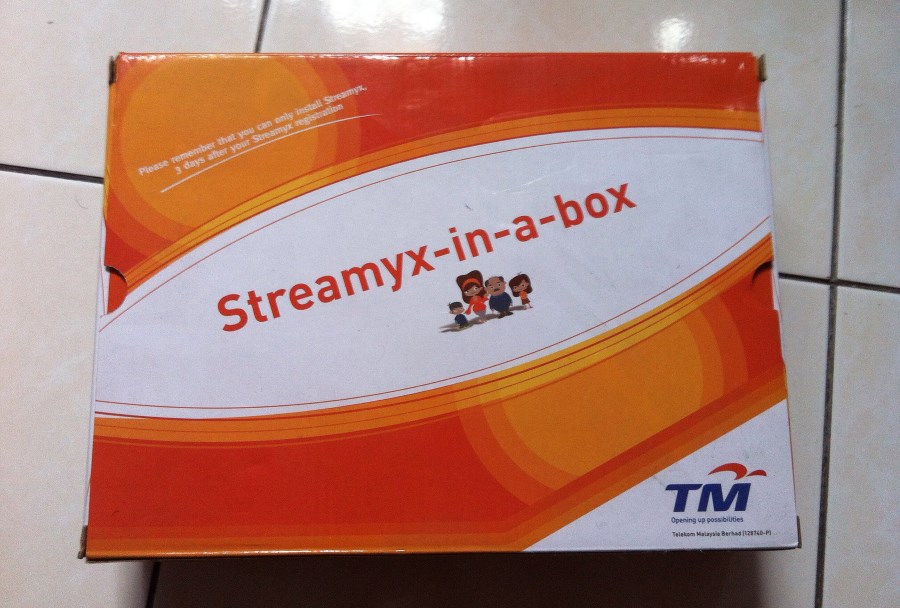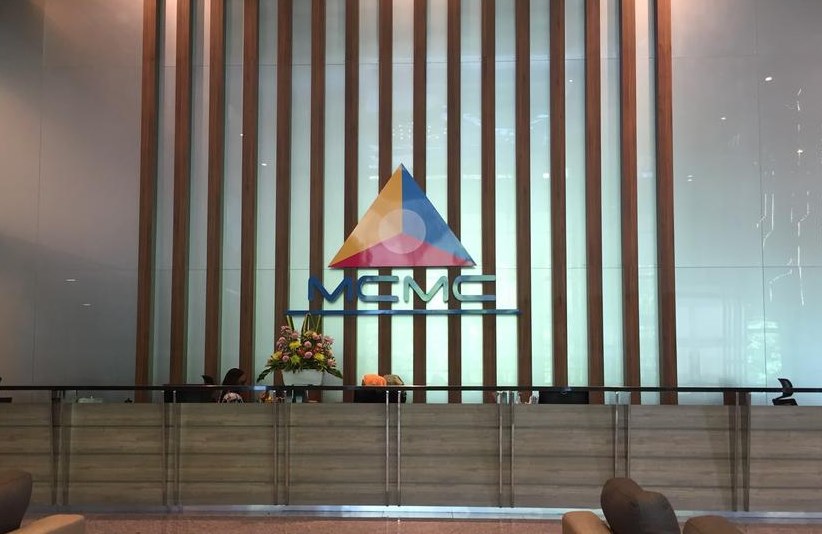Just like wireless broadband services by local telcos and WiMAX-based ISPs, the Malaysian Communications and Multimedia Commission (MCMC) has also run a nationwide network test for wired broadband services. In general, the 11-month long test measures the performance of both copper (DSL) or fibre-based services that are offered by Maxis, Time, and TM.
Under MCMC’s mandatory standards for Quality of Service on wired broadband, they must deliver at least 70% of the subscribed speed for DSL services or at least 90% for fibre services. All ISPs need to meet these level of network speeds for at least 90% of the time.
Additionally, the network latency on these services must not exceed 85ms for at least 95% of the time with maximum packet loss rate of 1%. Here is the summary of the MCMC’s network test for wired broadband:
In its report, MCMC generally acknowledged that Maxis wired broadband services have better quality than Time and TM. In fact, it is the only ISP that able to meet all the mandatory standards that were set by the agency.
Meanwhile, MCMC made a rather interesting remark regarding the TM DSL service which likely to be a reference to Streamyx. The agency stated that more than half of TM DSL’s customers throughout Malaysia are probably experiencing poor download speed as opposed to Maxis DSL service which manage to meet MCMC’s mandatory standard for download throughput at 84.6% of the test locations.
At the same time, MCMC has noted in its report that Time pointed to its modem rather than network capability as the reason why the ISP didn’t meet the agency’s mandatory standard. Despite that, Time still has the fastest average download speed among the three ISPs at 66.963 Mbps as opposed to 10.159 Mbps by Maxis and 10.051 Mbps by TM although let’s not forget that MCMC measures Time’s performance only in seven locations and didn’t include the ISP in its DSL network test.
It is not known on what action that MCMC will take against ISPs that failed to meet its mandatory standards but nevertheless, the agency stated it has gathered feedbacks and plans from ISPs on how to improve their Internet services especially in badly affected areas. However, the agency didn’t provide much details regarding them aside from that they might involved replacing copper to fibre, and shortening the copper connection between users to access node.
(Source: MCMC. Image: deanmad, Foursquare)
Follow us on Instagram, Facebook, Twitter or Telegram for more updates and breaking news.






